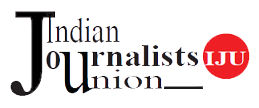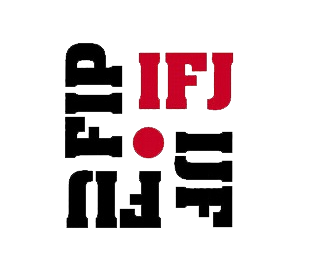New Delhi, 15 August 2023: The Indian Journalists Union (IJU) expresses grave concern over the clampdown and stifling of media in Afghanistan and the precarious conditions that the journalists are having to work under. Marking the 2nd anniversary since the takeover of the country by the Taliban, the IJU joined its partner, the International Federation of Journalists (IFJ) calling upon the international community to keep the pressure on the government in Kabul to create an environment where media can once again thrive.
The media situation in Afghanistan is critically grave. “Nearly 100 television stations have closed, a third of radio stations no longer broadcast, only 11 newspapers remain, and half the news agencies have shut up shop. The fate of the journalists themselves is more troubling still. Fewer than 3,000 journalists remain in the country. And whereas two years ago, 27% of journalists were women, today they make up only 13% of a much-reduced profession.” Besides, the past two years have seen a dramatic rise in media rights violation, introduction of repressive laws targeting the media thereby forcing an exodus of thousands of journalists and media workers from the country in every direction.
In a statement, President and former Member of Press Council of India Geetartha Pathak and Secretary General, IFJ Vice President and FAPaJ President Sabina Inderjit said while some western governments have shown generosity to Afghan journalists by giving emergency visas and help relocate them in foreign shores, a lot more needs to be done. Importantly, the Indian government, which historically had always opened its doors for people from the region and had granted visas to Afghans fleeing persecution in the past, this time round has unfortunately chosen to look the other way and it is reported that there is a moratorium on visas. The IJU urged the government to at least consider providing emergency visas to Afghan journalists, to ensure their safety and security.
At the same time, the IJU urged upon its State affiliates and other media organisations to offer humanitarian aid for Afghan journalists and contribute to the IFJ’s Safety Fund, which would facilitate individual journalists to get basic necessities such as food, shelter and medicines. As IFJ says: “Even a modest contribution is enough to provide a bed in place of a street corner.”





